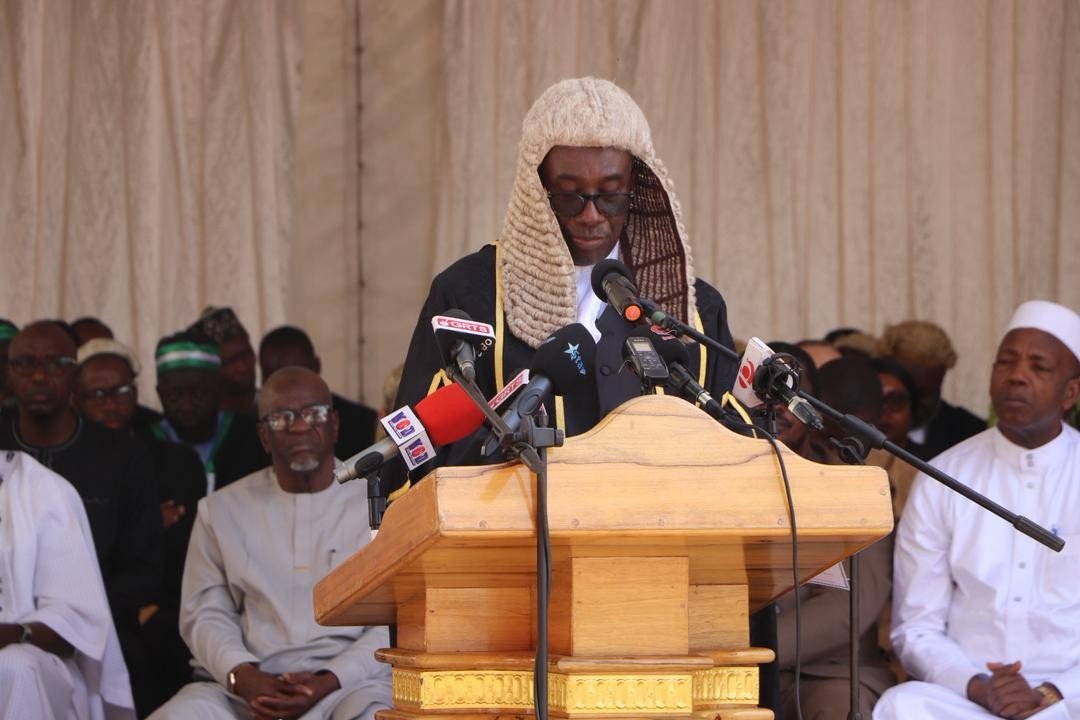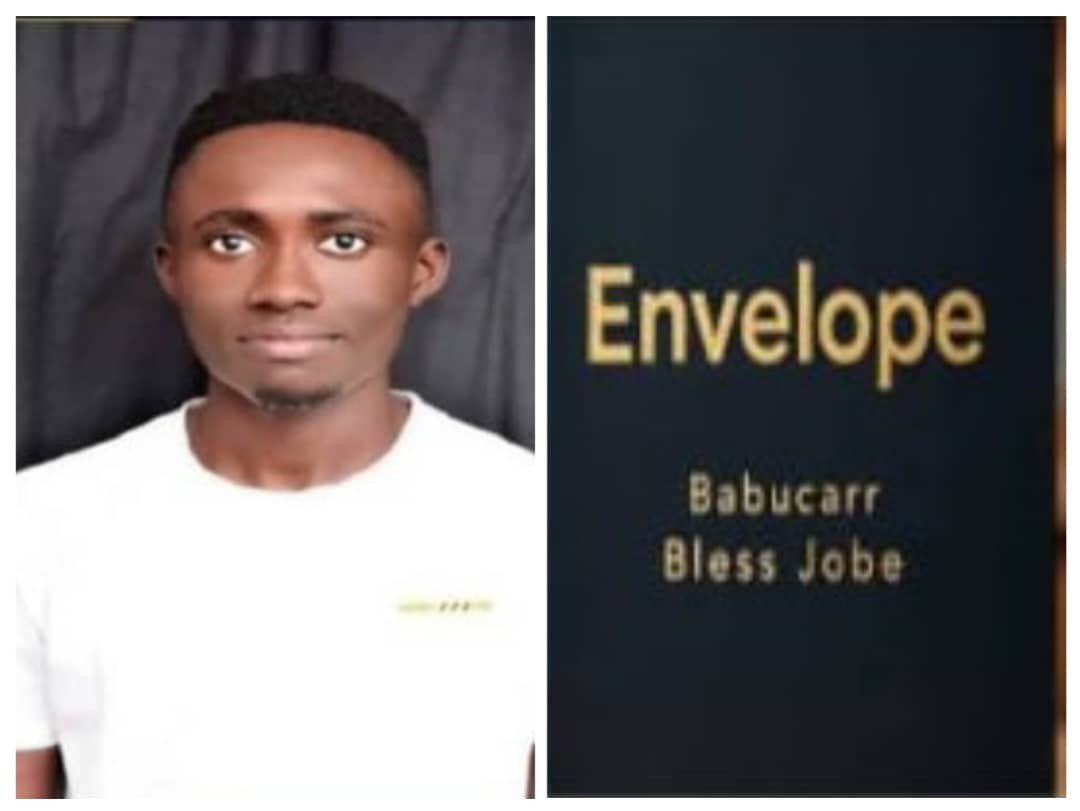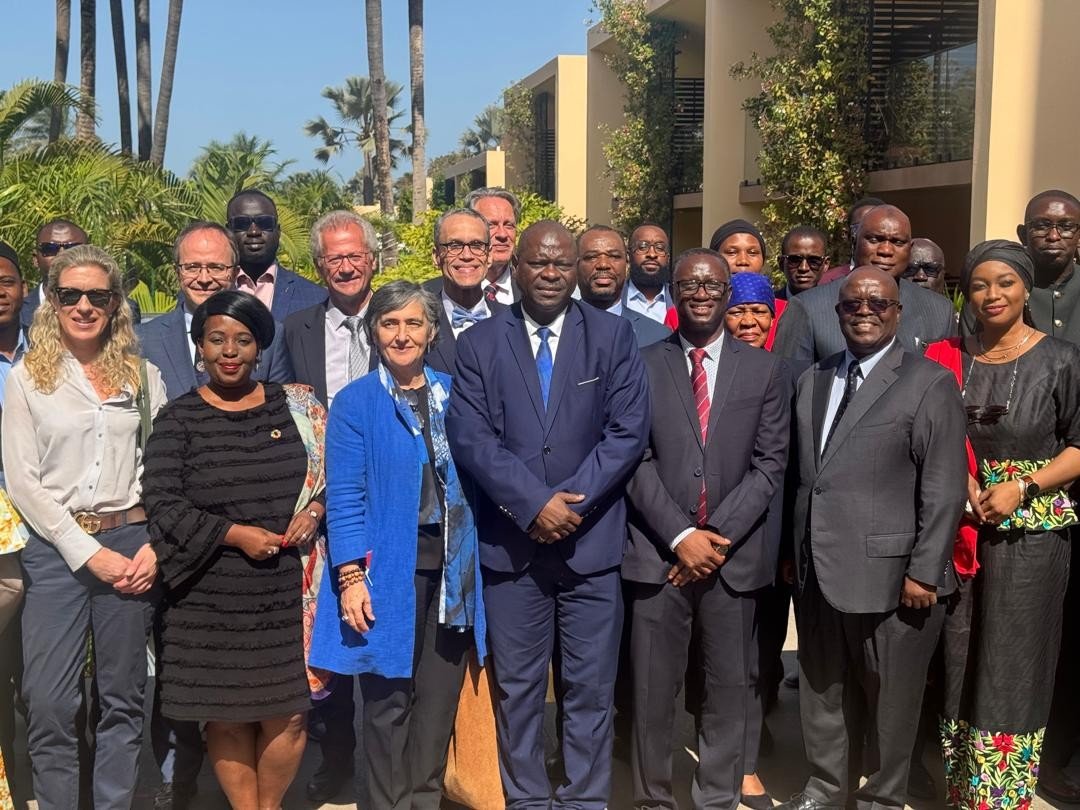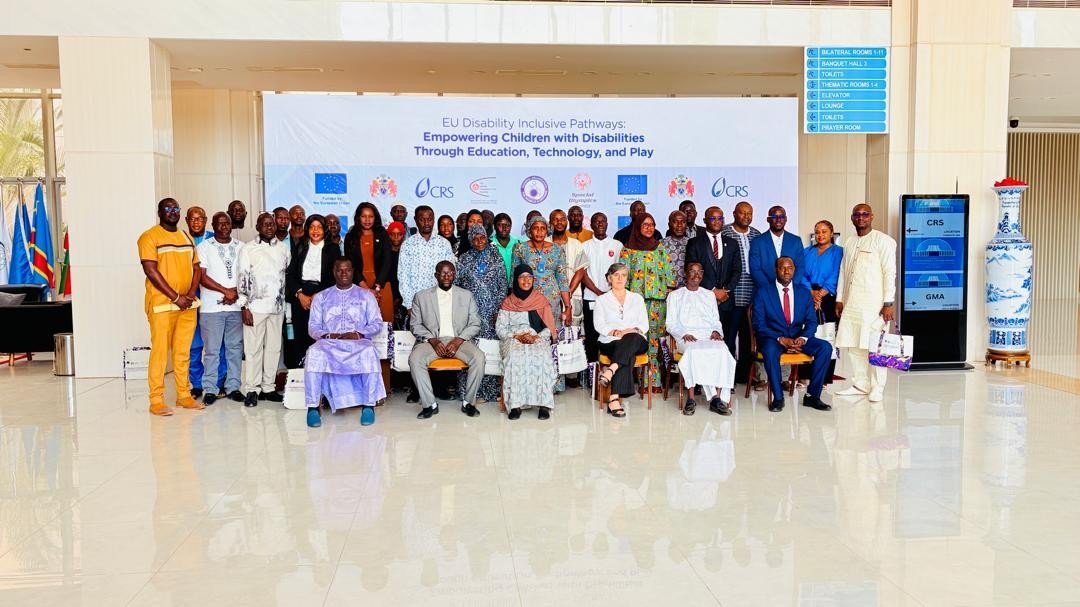A number of revenue collectors from the Banjul City Council (BCC) were recently engaged by the Local Government Commission of Inquiry in an attempt to address alleged financial irregularities at the city council.
This followed the emergence of a number of alleged irregularities before the Commission’s desk, which include financial mismanagement, cash suppression and mal-handling of city council funds.
Constituted to probe the administrative and fiscal operations of the overall local governance system in The Gambia, specifically from May 2018 to January 2023, the Commission has gathered multiple testimonies that indict people for missing funds, disputed payments and procedural violations.
Jojo Sanyang’s testimony
A revenue collector under the BCC’s license unit, Jojo was implicated in the 2020/21 audit report by the National Audit Office (NAO) for allegedly suppressing D4,900 in cash.
Sanyang testified that she was summoned by the Fraud Squad of the Gambia Police Force regarding the audit findings.
She recalled being presented with a receipt, which she identified as the one issued by the council cashier Oumie Darboe.
“The police asked me to go home because it was an issue that had to do with the cashier not posting the money,” Sanyang told the commission.
Her written statements, dated 9 October 2023 and 3 December 2024, along with her appointment letter of 9 February 2013, were admitted into evidence.
Ndey Ida Gaye’s testimony
Revenue collector Ndey Ida Gaye, who has been working for BCC since January 2011, was quizzed over D760,000 audit query against her.
She testified that she made the required payments to the cashier but was later informed that the payments had not been recorded.
“I paid the money to the cashier when I came from the field. The cashier said I did not pay the money to him, and I later paid the money again. Here is the receipt of the payment,” Gaye told the commissioners.
She explained that she did not receive a receipt initially, which led her to make a second payment and obtain official documentation. The receipt, dated 5 November 2024, was recorded by the inquiry as evidence.
Former Market Collector testifies
Matarr Ndow, a former market collector who was later transferred to the rates unit and subsequently redeployed as a process server, testified about financial irregularities in the handling of revenue collections.
Ndow described an initiative where the BCC formed a task force annually to collect trade licence arrears. However, he noted that the collectors operated independently and were compensated only through overtime payments.
Ndow also admitted to receiving revenues from his colleagues for submission to the cashier. However, he stated that on occasions, he found the cashier’s office closed and would instead hand over the funds to the director of finance.
“It is not all the time that I am issued a cheque,” Ndow testified, explaining that some funds were handed over in cash without immediate receipts.
When asked about a cash suppression issue flagged by the NAO, he testified that the finance director initially refused to issue receipts for certain amounts, claiming they did not come in bulk. Ndow said he persisted until he eventually received documentation for over D200,000.
Haddijatou Jambang’s testimony
Revenue collector Haddijatou Jambang, who began working at BCC in 2019, was accused of suppressing D135,000 and D41,000 on separate occasions.
Madam Jambang denied the allegations, stating that she handed over the funds to the former finance director Camara on his request.
She recounted a specific incident on 11 November 2021, wherein she collected revenue late in the day and took the money home because the cashier had already left.
That evening, she testified, Camara called and instructed her to take the money to him forthwith. She testified that she complied but was not given a receipt. Instead, Camara wrote her name on a piece of paper and deducted 400 dalasis, which he claimed was for her overtime pay.
“The next day, I asked the cashier for my receipt, but she said she had not received the money,” she attested.
She further testified that when the issue later became part of audit queries, she confronted Camara, who promised to return the funds.
On the second allegations pertaining to D135,000, Madam Jambang cited clerical oversight by the cashier. She provided the commission with five cash books documenting her revenue submissions from 2019 to 2022.
Adverse revenue management trend at the BCC
These and other testimonies by council officials, particularly revenue collectors, indicate a longstanding and rooted problem with regard to financial accountability and fiscal trap at the Banjul City Council.
This raises grave concerns as the Local Government Commission carries on with its investigation.
Even amid concerning evidence before the Commission already, grave issues continue to emerge, which indicates that while the Commission’s investigation has dragged on for two years, its work is not even near completion. There is still a long way to go, as each testimony each day shows that there is much more to be discovered.






